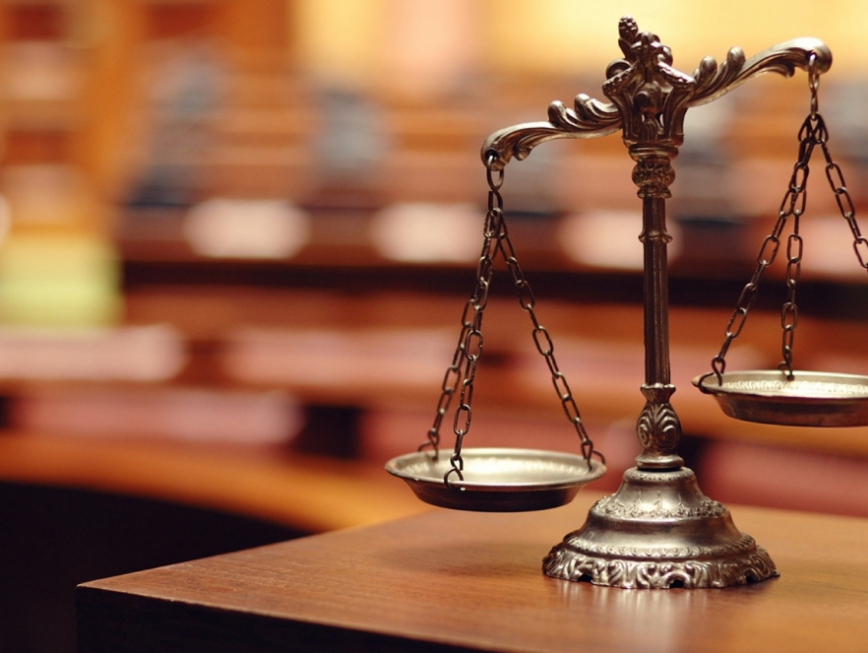

Telecommunication laws play a critical role in protecting personal data and privacy in the modern digital age. With the proliferation of digital devices and the internet, the risks to personal data have increased exponentially. In this article, we’ll explore the basics of these laws and their role in protecting personal data, as well as the challenges and limitations of this area of law, and best practices for personal data protection.
They are the legal framework that governs the transmission of information through various telecommunications mediums. It covers a wide range of activities, including radio and television broadcasting, internet access, and mobile communications. The key objective of telecommunications law is to ensure that these communication channels are accessible, affordable, and safe for all users.
One of the most important aspects of telecommunications law is its role in protecting personal data. Telecommunications law includes provisions that require companies and organizations to protect the personal data of their users and customers.

Despite the importance of telecommunications law in protecting personal data, there are also challenges and limitations to this area of law. One major challenge is the constantly evolving nature of technology, which can make it difficult for lawmakers and regulators to keep pace with new developments. Additionally, some companies and organizations may prioritize their financial interests over user privacy, which can lead to breaches of personal data. For such purposes, they can hire a media law firm.
While telecommunications law is an important tool for protecting personal data, individuals can also take steps to protect their own personal information. These best practices include using strong passwords, avoiding public Wi-Fi networks, and being cautious about sharing personal information online. By taking responsibility for their own data privacy, individuals can help to reduce their risk of data breaches and other privacy violations.
In conclusion, telecommunications law is a critical component of personal data protection in the digital age. While there are challenges and limitations to this area of law, it remains an essential tool for safeguarding personal data and privacy. By understanding the basics of telecommunications law and taking responsibility for personal data protection, individuals can help to ensure that their personal information remains secure and private.
Brayden Cottrell
May 9, 2023
Law